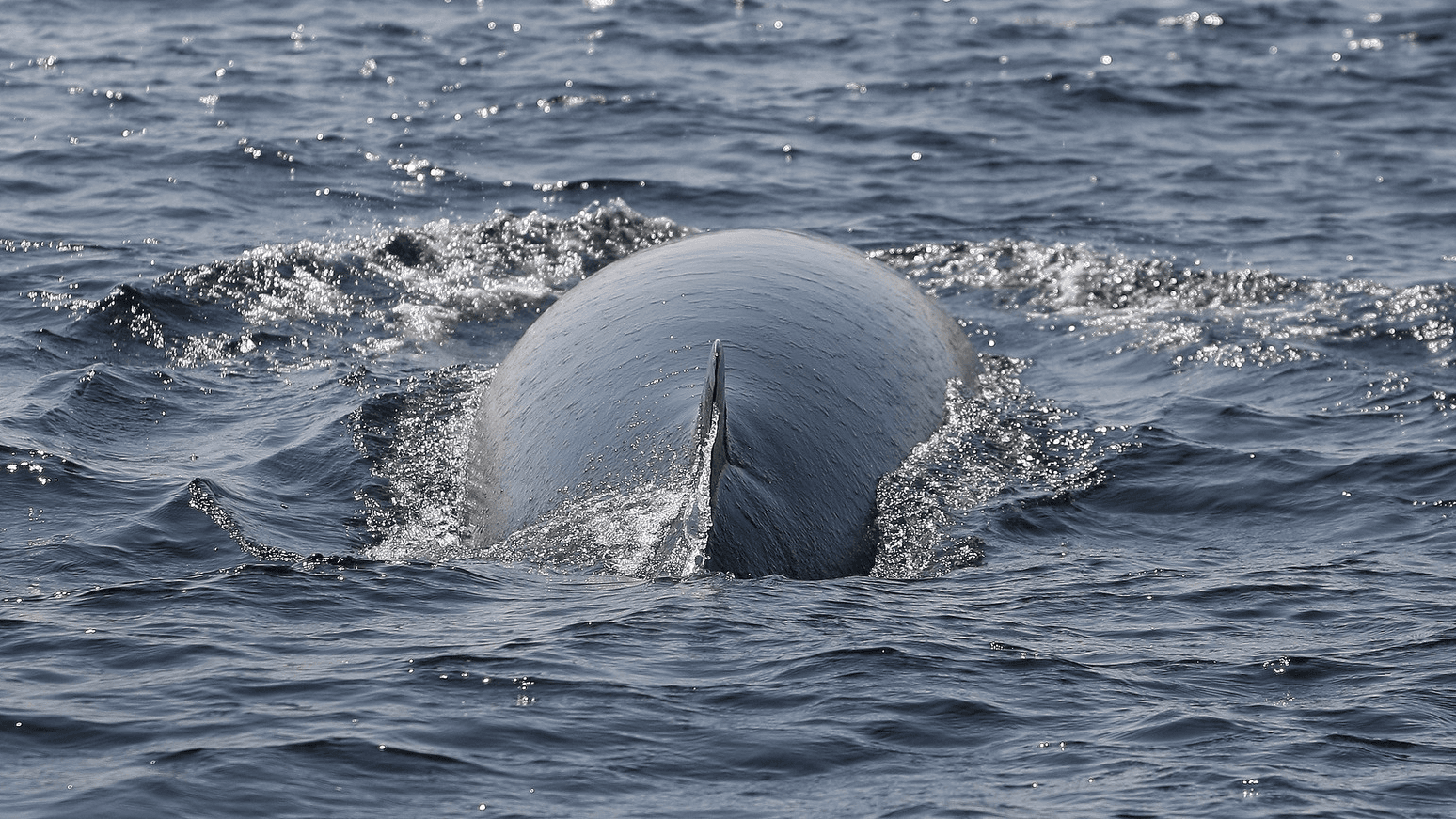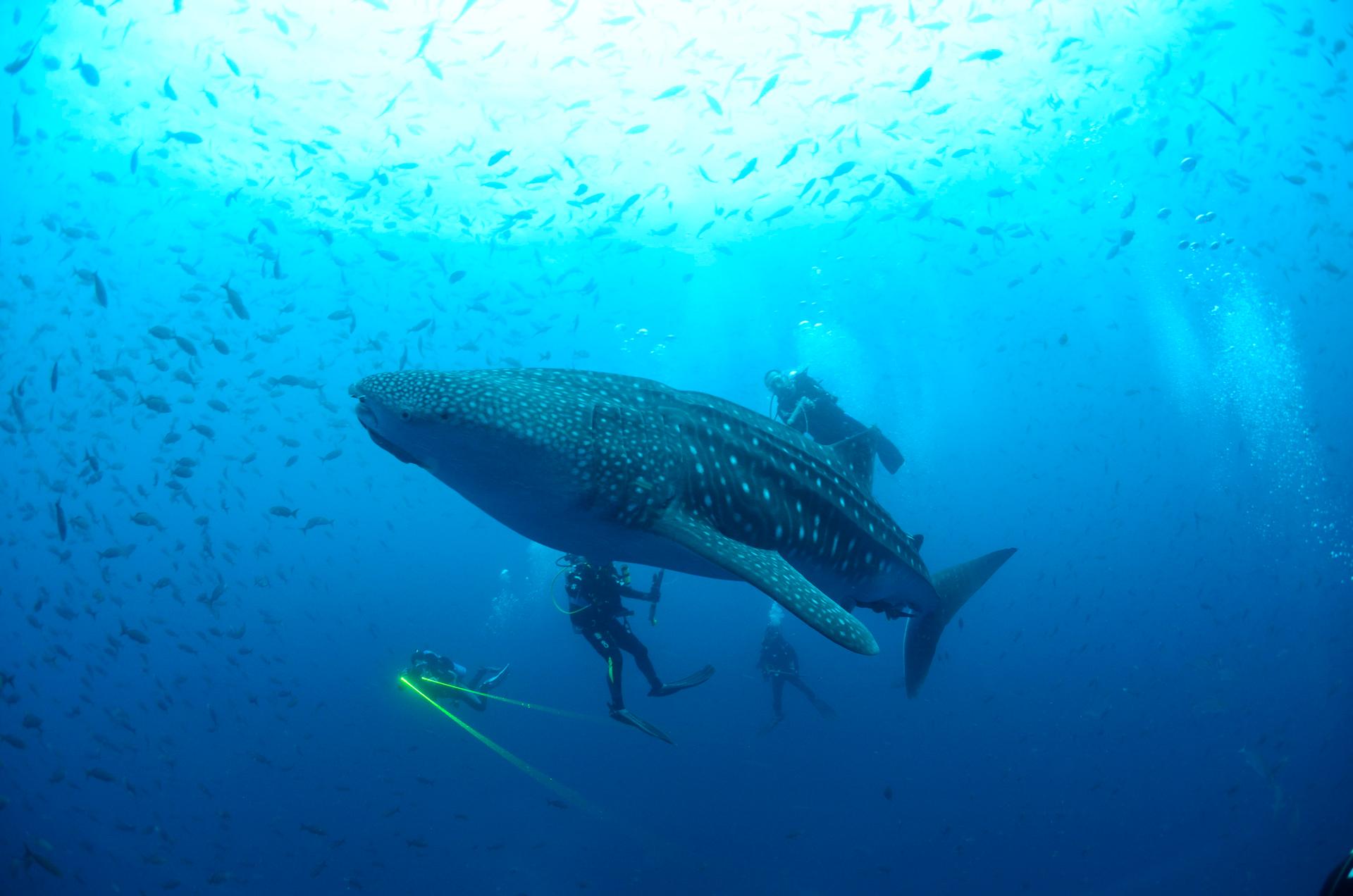Megafauna
We want to hear your feedback so we can keep improving our website, theworld.org. Please fill out this quick survey and let us know your thoughts (your answers will be anonymous). Thanks for your time!
Right whale born in cold North Atlantic waters beats odds, survives winter
Right whales typically give birth in warm waters off the coasts of Florida and Georgia, but this past year, one whale mother didn’t make the migration, and gave birth off Massachusetts. Scientists worried the calf would die but, against the odds, it survived and the pair met back up with its pod this spring.
NOAA maps the noise pollution we don’t hear, under the sea
Imagine having to shout over incredibly loud noise in order to communicate with someone close by. For whales and other ocean animals that rely on echolocation sonar to communicate and locate food, noise pollution created solely by humans has taken a toll.
New research reveals human-like speaking ability in beluga whale
Nearly 30 years of research was revealed last week when neurobiologist Sam Ridgway went public with his evidence that a particular beluga whale had learned to make himself speak like a human. The revelation has caught the scientific community by surprise.
Scientist discover critical role sea otter play in climate change
Sea otters are popular stars at the local zoo, but they might also be important tools in the battle to combat climate change. New research shows the cuddly little creatures have a big job in keeping kelp forests alive and well and removing carbon from our atmosphere.
Environmental, indigenous groups accuse Navy of damaging marine mammals
Environmental and indigenous groups have banded together to sue the Navy and the National Marine Fisheries Services for harming marine mammals with sonar. According to the plaintiffs, the Navy’s military exercises have fatally impacted federally protected species. Now they are calling for limits on the Navy’s access to this biologically rich area.
Subscribe to The World’s Latest Edition podcast for free using your favorite podcast player:

.jpg&w=1920&q=75)
